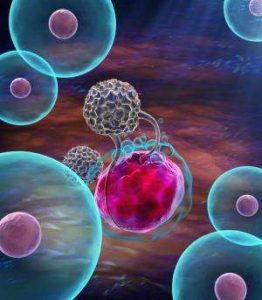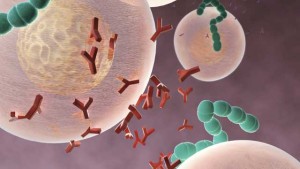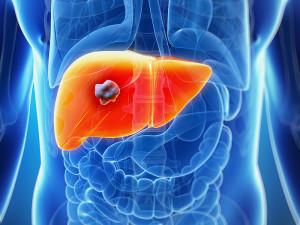Different types of alcoholic drink are associated with different moods and emotions, according to a study published online earlier this week (November 20) in BMJ Open. Based on online responses from nearly 30,000 people in 21 countries, the analysis found that while spirits were more likely to be linked with feelings of confidence than beer or wine were, they were also tied to feelings of aggression in nearly a third of respondents.
“This study appears to confirm the widely held perception that different drinks produce different emotional responses,” James Nicholls of Alcohol Research UK and Alcohol Concern who was not involved in the study tells HuffPost UK. “Importantly, it is based on survey responses—so it tells us about what respondents expect from drinks, rather than actual physiological effects.”
To explore links between alcohol preference and emotion, researchers in the U.K. made use of data collected in the Global Drug Survey—the world’s largest online questionnaire about drug and alcohol use in adults. Using responses from 18- to 34-year-olds, the team found that reported emotions varied with the type of alcohol consumed, as well as by gender, and level of alcohol dependency.
Men were more likely to report any alcoholic drink with feelings of aggression than women were, for example. Heavy or dependent drinkers also reported aggressive feelings more commonly than low-risk drinkers did, and were five times more likely than low-risk drinkers were to report feeling energized by alcohol.
Meanwhile, nearly 53 percent of respondents reported that red wine made them feel relaxed, 50 percent said the same of beer, and only 20 percent said they felt relaxed when drinking spirits. Study coauthor Mark Bellis of the Public Health Wales NHS Trust tells BBC News that because no causation was established in the study, the results could be explained by multiple factors.
“Young people will often drink spirits on a night out, whereas wine might be drunk more at home, with a meal,” he says. “There will be an element of expectation too. Someone who wants to relax might choose to have a beer or a glass of wine.”
Even without causative findings, the associations themselves could be useful for researchers working to address alcohol misuse. “This study highlights the importance of understanding why people choose to drink certain alcoholic drinks and what effect they expect these drinks will have on them,” UK charity Drinkaware’s John Larsen tells HuffPost UK. “These expectations and motivations for drinking will influence how people actually behave when they have been drinking, and may in some situations lead people to drink at levels likely to cause them harm.”







